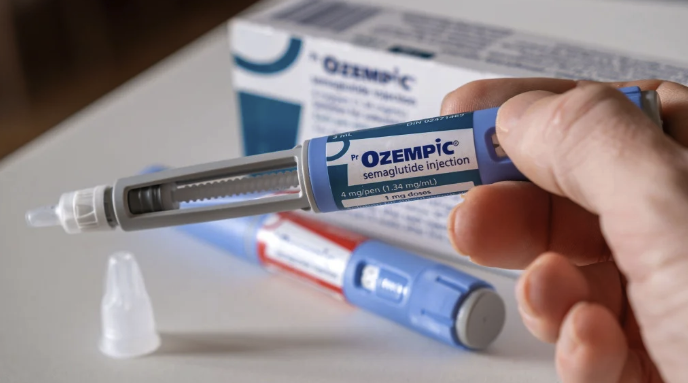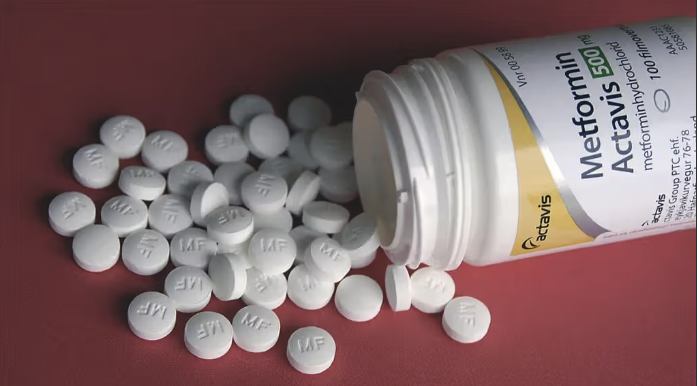May 2025
Now Offering Galleri: A New Option for Cancer Screening
There are only three routine cancer screening tests recommended by age—breast, cervical, and colon—and three more based on specific risk factors. Many other cancers still lack effective early screening. That’s where cell-free DNA technology comes in.
Cell-free DNA (cfDNA) refers to fragments of DNA found in the bloodstream, outside of cells. First discovered in 1948, cfDNA found its first major medical use in 2011 for prenatal screening. In 2021, GRAIL introduced Galleri, a blood test that uses cfDNA to look for signals associated with over 50 types of cancer.
Galleri detects cancer-related patterns in DNA methylation—how certain genes are turned on or off. It's not perfect: about 4 in 10 people with a positive result will be found to have cancer, while 6 in 10 may get a false alarm. On the other hand, a negative result is highly reassuring, with a 98.5% negative predictive value—meaning 49 out of 50 people who get a negative result are truly cancer-free at the time.
Galleri is better at detecting later-stage cancers than early ones. Because it's still new and long-term outcomes are unknown, major medical societies have not yet made formal recommendations for or against it. As a result, insurance does not currently cover Galleri. The test costs $949 out of pocket and involves a standard blood draw.
Ally Primary Care now offers Galleri. Dr. Neuman recommends it especially for individuals at high risk—such as those with a history of multiple cancers.
Ozempocalypse: What's Happening with GLP-1 Medications
About 1 in 8 Americans has used a GLP-1 medication like semaglutide (Ozempic, Wegovy, Rybelsus) or tirzepatide (Mounjaro, Zepbound). These medications are used not just for diabetes and weight loss, but also for conditions like fatty liver, heart and kidney disease, PCOS, sleep apnea, depression, alcohol use, and joint pain. Unfortunately, they remain expensive—retail price is around $1,200/month—and insurance rarely covers them outside of diabetes.
When retail pharmacies face shortages, compounding pharmacies can step in by making the medications themselves. For years, Empower Pharmacy, the largest compounding pharmacy, offered semaglutide for $100–200/month and tirzepatide for $350–450/month.
However, the FDA removed semaglutide from its shortage list on February 21, 2025. In response, Novo Nordisk and Eli Lilly sued major compounding pharmacies like Empower. The FDA has set May 22, 2025 as the last day compounding pharmacies can legally dispense GLP-1 medications. A court recently denied Empower’s injunction request, and many compounders have already stopped production.
What This Means for You
Q: What if I get my medication from a compounding pharmacy?
Dr. Neuman: "You still have options. Empower is continuing—for now—with adjusted labeling (e.g., including vitamin B12 or using non-standard doses). Novo Nordisk also offers a cash-pay program called NovoCare, selling Wegovy for $499/month. I’ve also been in contact with local compounding pharmacies like Innovation Compounding that are still offering semaglutide for $150–200/month—at least for now."
Q: Should I stock up?
Dr. Neuman: "Yes, if possible. These medications are stable in the fridge for up to a year."
Q: What if I can’t afford $499/month and compounders stop selling?
Dr. Neuman: "Options become more limited. Some people are trying to mix raw ingredients themselves—I strongly advise against this. Others have considered stretching higher doses by injecting every other week. There are alternative medications depending on your needs, and I'm happy to discuss those with you. I’ll keep you updated as the situation evolves."
Metformin: A Surprising New Option for Knee Arthritis
Metformin is commonly used for diabetes, prediabetes, PCOS, and even longevity. Now, it may also help with knee arthritis.
In a study of 107 overweight adults with knee osteoarthritis, those who took metformin for six months reported 11% less pain than those on a placebo.
Dr. Neuman: “For a safe, well-tolerated medication, this is great news. Treatment options for knee arthritis are limited—typically pain meds, physical therapy, semaglutide, or surgery. Metformin may offer another way to ease discomfort.”




